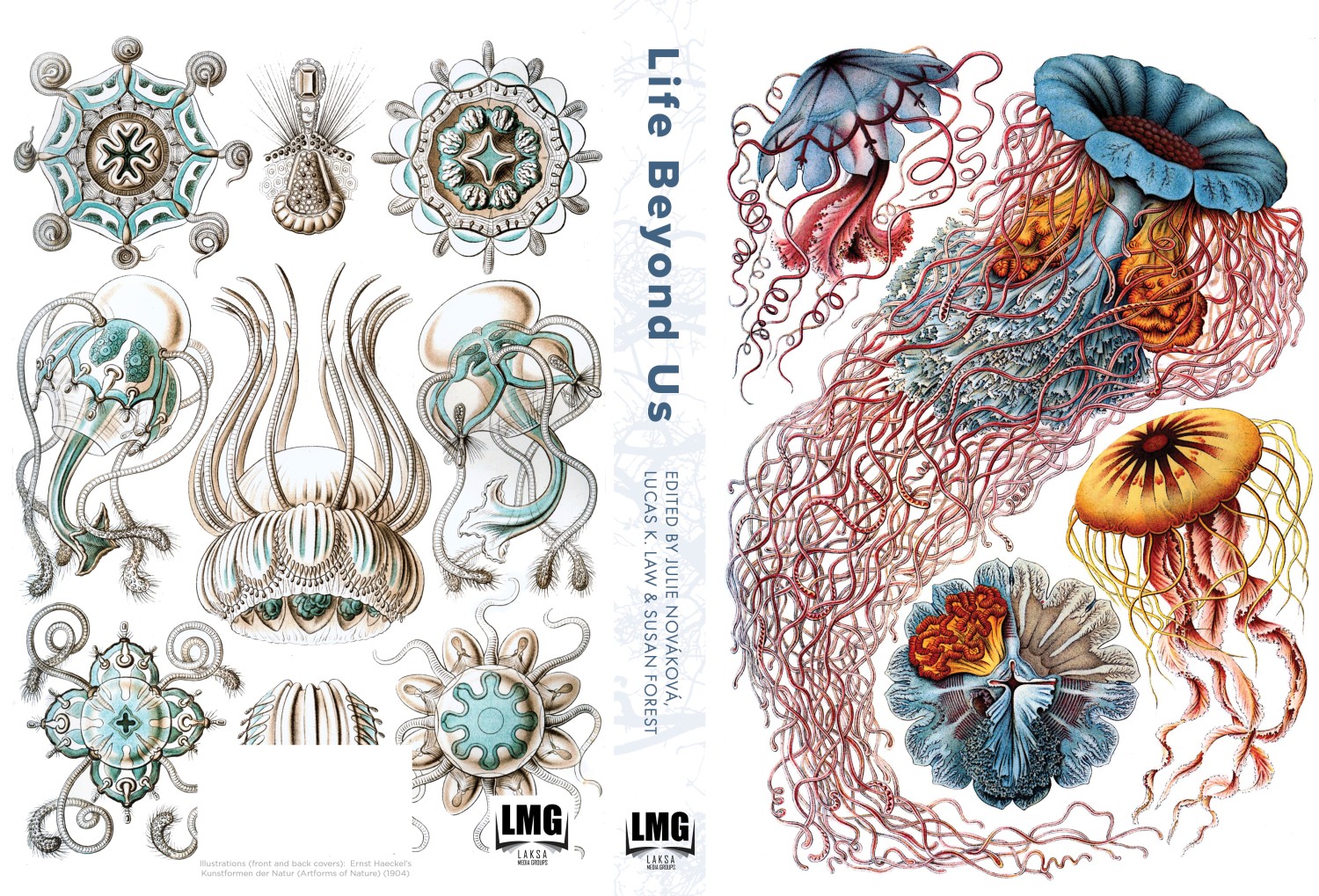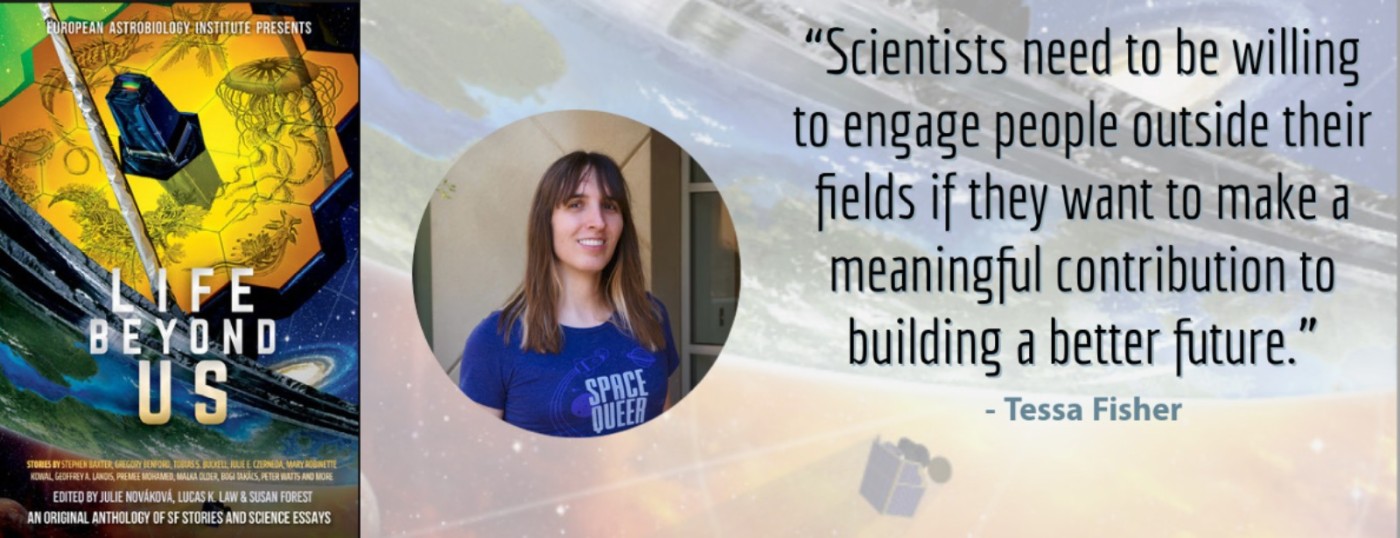Science Fiction for Planetary Science & Astrobiology Outreach: Life Beyond Us
- 1Department of Philosophy and History of Science, Faculty of Science, Charles University; Prague, Czech Republic
- 2European Astrobiology Institute; ESF, Strasbourg Cedex, France
How can we bring matters such as planetary formation, habitability and means for search for life in the universe closer to the general public in an enthusing way and increase science understanding, interest in STEM and critical thinking? Popular culture, especially science fiction (a 'genre of ideas' that often relies heavily on science), can introduce these matters to the public in an accessible and entertaining manner. Its use in science outreach and education is relatively well-established, and it has been found that the use of narrative and invoking emotion can help people remember more information and take more interest in it. The interdisciplinary character of science fiction can relatively easily reflect multiple fields in science and help underline their meaning and connect their findings for the general public [1-3].
In spring 2020, I edited Strangest of All [4], an anthology of astrobiological science fiction stories, where each was accompanied by an essay on the science in the story. At the European Astrobiology Institute (EAI), we made it freely available as an e-book as to assist outreach and education during widespread pandemic-caused school closures and lack of in-person outreach events. The book was downloaded several thousand times and was used in an astrobiology seminar at the Faculty of Science, Charles University. We are following up on this project with Life Beyond Us, a print anthology of 28 astrobiological SF stories written specifically for the book and essays authored by EAI scientists. Among its SF authors are many with a background in STEM, such as Gregory Benford (astrophysicist), Tessa Fisher (astrobiologist), Geoffrey A. Landis (engineer at NASA), Julie E. Czerneda (biologist), Peter Watts (biologist), and more. Their involvement leads to inclusion of stories that are both entertaining and scientifically interesting. Topics such as the deep hot biosphere, exoplanet detection, planetary protection, bioengineering for space settlements, habitability of Titan and carbon planets, or SETI will be explored in the stories and essays.
The book's goal is to support critical thinking, increase interest in STEM and present the current state and potential future of astrobiology and related fields. Its use in further formal and informal outreach/educational activities and especially EAI events are being planned. Life Beyond Us is currently being edited and will be published in September 2022, to commemorate the launch of ESA's Rosalind Franklin rover meant to search for past and current habitable conditions and traces of life on Mars.

Image: Case-laminated cover for the illustrated edition of Life Beyond Us, adorned with Ernst Haeckel's nature illustrations.

Image: To promote the project and showcase its focus on science, all authors have been interviewed about their writing, how it connects to science, and STEM outreach.
References:
[1] Vrasidas, C., Avraamidou, L., Theodoridou, K., Themistokleous, S., & Panaou, P. Science fiction in education: Case studies from classroom implementations. Educational Media International, 52(3), 201-215 (2015).
[2] Thévenon, M. Using Science Fiction as a Teaching Tool in ESP Classes for Science Students. ILCEA. Revue de l’Institut des langues et cultures d'Europe, Amérique, Afrique, Asie et Australie, (31) (2018).
[3] Jordan, P., & Silva, P. A. Building an argument for the use of Science Fiction in HCI Education. In International Conference on Intelligent Human Systems Integration (pp. 846-851). Springer. (2019).
[4] Nováková, Julie (European Astrobiology Institute). Strangest of All: An Anthology of Astrobiological SF. Available at: https://www.julienovakova.com/strangest-of-all/ (Accessed: June 3, 2021)
How to cite: Nekola Novakova, J.: Science Fiction for Planetary Science & Astrobiology Outreach: Life Beyond Us, European Planetary Science Congress 2021, online, 13–24 Sep 2021, EPSC2021-870, https://doi.org/10.5194/epsc2021-870, 2021.

